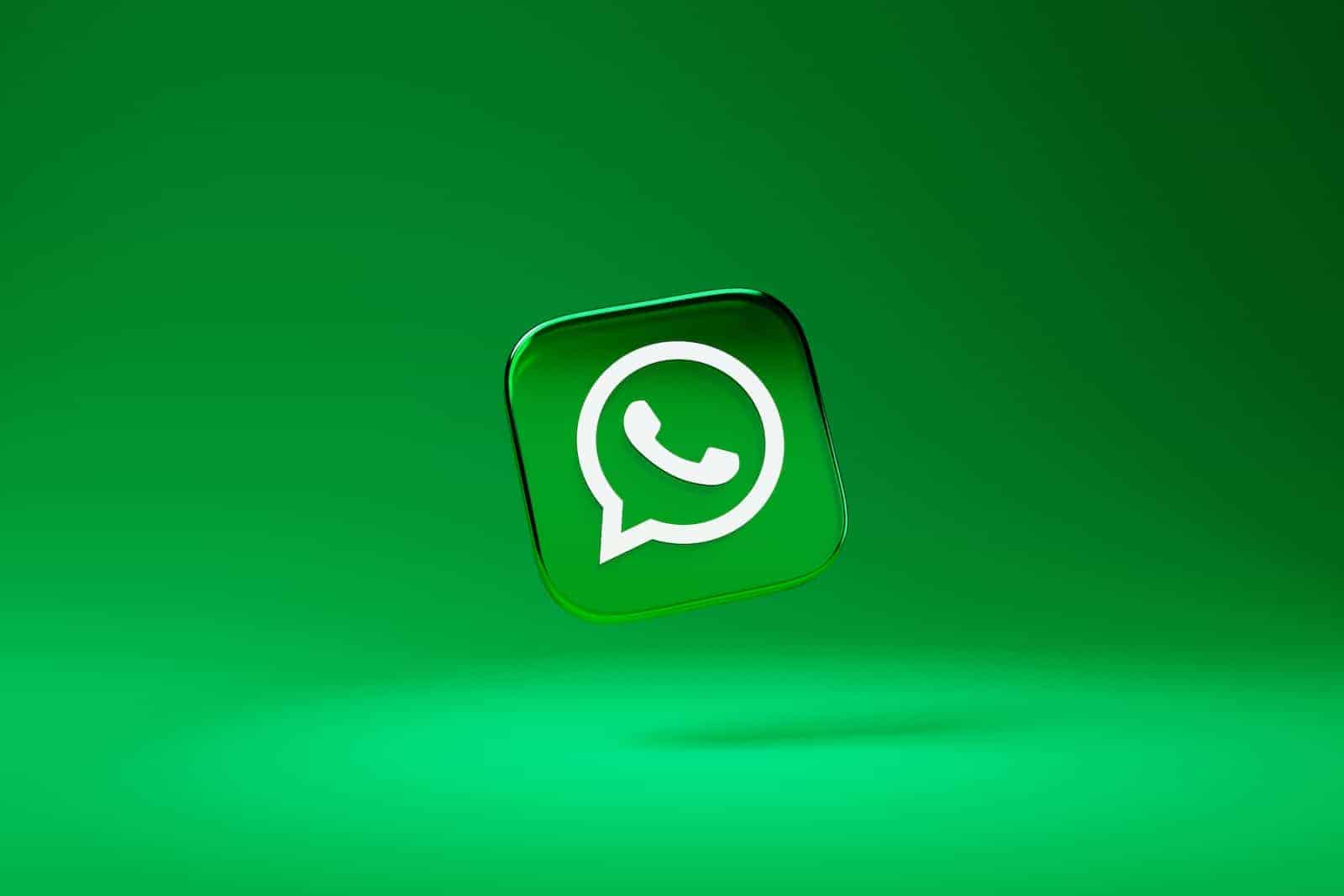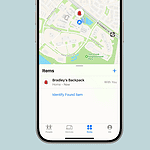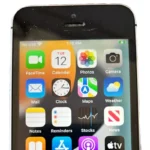Messaging apps have revolutionized the way we communicate, going beyond simple texting to become essential tools for connecting with others, conducting business, and engaging in social issues. This article provides an overview of various messaging apps, their features, and their impact on our digital interactions.
In today’s interconnected world, selecting the right messaging app can help bridge platform gaps and unite people. Whether you value security, a large user base, or a feature-rich experience, there’s a messaging app tailored for you. Explore these options to discover the one that best keeps you connected with the people who matter most.
Top 10 Messaging Apps for Cell Phones
In a world awash with messaging apps, choosing the right one can feel like navigating a labyrinth. Fear not, intrepid texter! This table showcases the top 10 contenders, each bringing unique features and functionalities to your fingertips.
| Rank | App Name | Platform | Key Features |
|---|---|---|---|
| 1 | iOS, Android | Unrivaled global reach, end-to-end encryption, group chats, multimedia sharing, disappearing messages | |
| 2 | Signal | iOS, Android | Top-notch security with open-source encryption, disappearing messages, self-destructing media, privacy focus |
| 3 | Telegram | iOS, Android | Massive file sharing (up to 2GB!), multi-device support, encrypted secret chats, bots for fun and utility |
| 4 | Messenger | iOS, Android | Integrates with Facebook seamlessly, large group chats, polls and quizzes, video calls, Stories feature |
| 5 | Discord | Windows, macOS, Linux, iOS, Android | Gamer-centric with voice chat, group channels, customizable servers, bots for gaming and beyond |
| 6 | Google Chat | Android | Built-in for Android users, seamless integration with other Google services, AI-powered features like smart replies |
| 7 | iMessage | iOS, macOS | Apple ecosystem exclusive, seamless integration with other Apple devices, iMessage effects and Animoji for fun |
| 8 | Viber | iOS, Android | Free international calls and messages, large group chats with polls and stickers, public channels for news and communities |
| 9 | Line | iOS, Android | Popular in Asia, stickers and emoji galore, built-in games and polls, free voice and video calls |
| 10 | Kik | iOS, Android | Username-based, no phone number required, focus on anonymity and discoverability, public groups and bots |
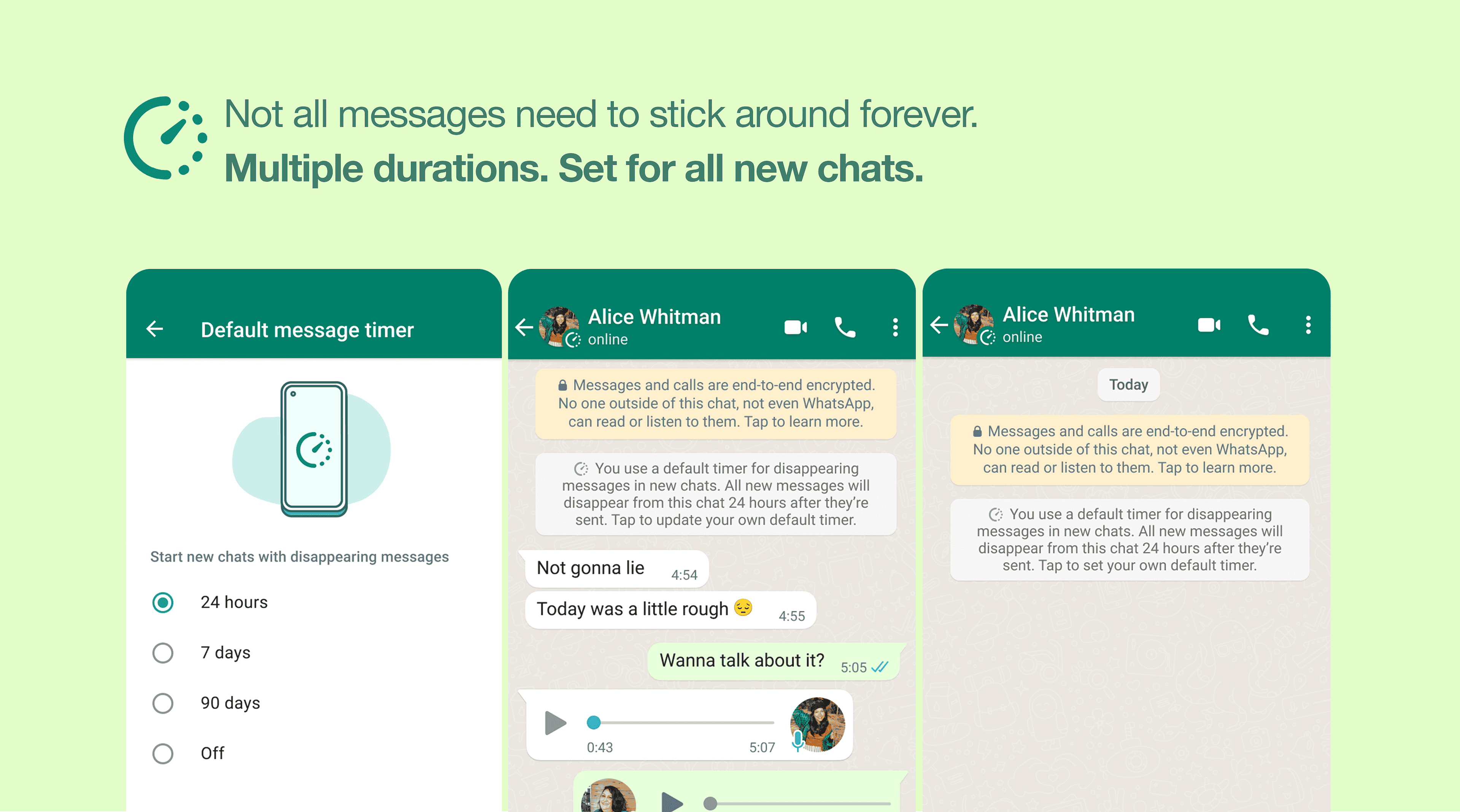
Bonus Tip: Consider your needs and preferences. Do you prioritize security? Group chats? Fun features? Matching your app to your usage habits will ensure a smooth and satisfying texting experience.
Connecting Across Platforms: Top Messaging Apps for Android and iOS
In today’s interconnected world, staying in touch with friends, family, and colleagues is essential. Thankfully, a plethora of messaging apps cater to both Android and iOS users, offering seamless communication across platforms. Let’s explore some of the best options available.
The Frontrunners
- WhatsApp: With its massive user base and end-to-end encryption, WhatsApp reigns supreme as a go-to messaging app. It offers text, voice, and video calls, along with group chats and media sharing.
- Signal: Privacy-focused individuals flock to Signal for its robust security features and open-source nature. It provides secure messaging, voice and video calls, and disappearing messages.
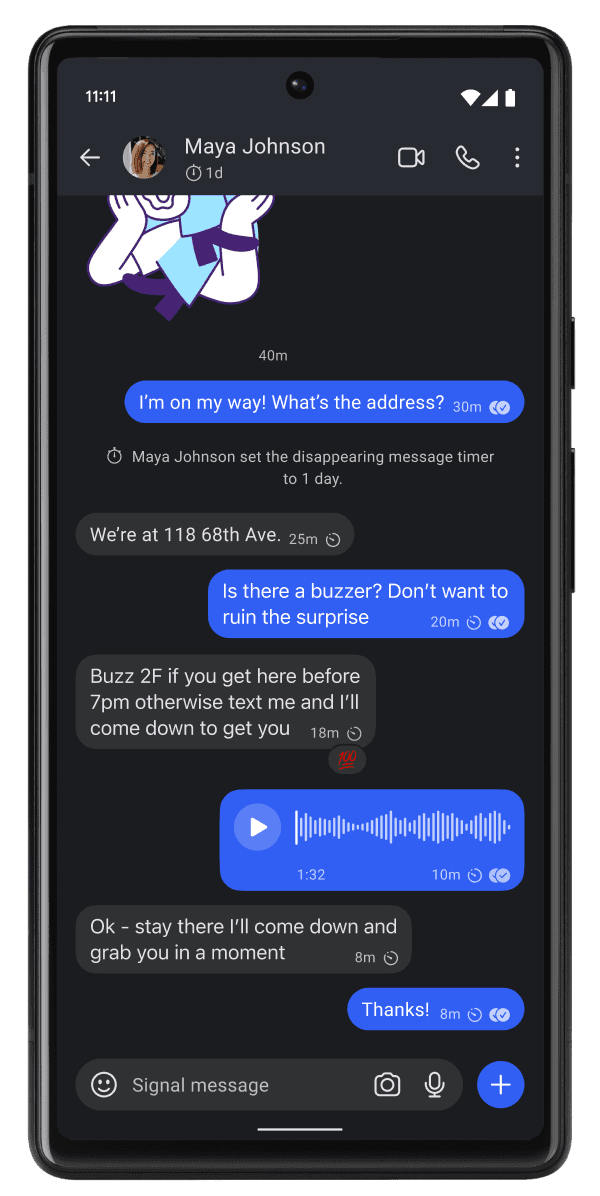
Other Noteworthy Contenders
- Telegram: Boasting a focus on speed and security, Telegram offers cloud-based messaging, large group chats, and channels for broadcasting messages.
- Facebook Messenger: While deeply integrated with Facebook, Messenger also functions as a standalone messaging app. It offers a wide range of features, including chatbots, games, and payment options.
Feature Comparison
| App | End-to-End Encryption | Cross-Platform | Group Chats | Voice/Video Calls | Unique Features |
|---|---|---|---|---|---|
| Yes | Yes | Yes | Yes | Status updates, disappearing messages | |
| Signal | Yes | Yes | Yes | Yes | Disappearing messages, note to self |
| Telegram | Optional (Secret Chats) | Yes | Yes (up to 200,000 members) | Yes | Channels, bots, cloud storage |
| Facebook Messenger | Optional (Secret Conversations) | Yes | Yes | Yes | Chatbots, games, payments |
Choosing the Right App for You
The “best” messaging app depends on your priorities. If security is paramount, Signal is an excellent choice. For widespread reach and a feature-rich experience, WhatsApp remains a top contender. Telegram appeals to those seeking speed and large group chats, while Facebook Messenger offers a diverse ecosystem of features beyond messaging. Consider your needs and preferences to select the app that best suits your communication style.
Key Takeaways
- Messaging apps are more than text services: They offer features like video calls, file sharing, and encryption.
- Businesses leverage messaging apps: For customer service, marketing, and internal communication.
- Security is a priority: End-to-end encryption and privacy features are crucial for user trust.
- Global reach varies: Popular apps differ across regions, with apps like WhatsApp and WeChat dominating in specific markets.
The Rise of Messaging Apps
Messaging apps have come a long way since the early days of SMS. Today, they are feature-rich platforms that offer a variety of communication forms, from text and voice messages to video calls and file sharing. This evolution has been driven by the increasing demand for more interactive and versatile communication tools in both personal and professional settings.
WhatsApp: A Global Leader
WhatsApp, with over 2 billion users, stands out as a global leader in messaging. It’s not just a messaging tool but a platform for sharing media, making voice and video calls, and even facilitating business transactions. WhatsApp’s simplicity and cross-platform availability have contributed to its widespread adoption.

Facebook Messenger: Connecting Businesses and Consumers
Facebook Messenger, with its vast user base in North America, has become a vital tool for businesses. It allows companies to interact with customers directly, integrating chatbots for automated responses and facilitating transactions within the chat interface.
WeChat: China’s Super App
In China, WeChat dominates the messaging app landscape. It’s more than a messaging tool; it’s an all-in-one platform where users can chat, shop, make payments, and access a range of services.
The Role of Messaging Apps in Business
Businesses have quickly adopted messaging apps as tools for customer engagement and internal communication. These platforms offer a direct line to customers, allowing for personalized interactions and quicker response times.
Customer Service and Engagement
Businesses use messaging apps to provide customer support, answer queries, and engage with their audience. This direct communication channel helps build stronger customer relationships and enhances the customer experience.
Internal Communication
Companies also use messaging apps for internal communication. They offer a convenient way for teams to collaborate, share files, and stay connected, especially in remote working environments.
Security and Privacy in Messaging Apps
As messaging apps become more ingrained in our daily lives, concerns about security and privacy have grown. Users demand secure platforms that protect their data and conversations.
End-to-End Encryption
Many messaging apps now offer end-to-end encryption, ensuring that only the sender and receiver can read the messages. WhatsApp and Signal are known for their strong encryption protocols, providing users with peace of mind regarding their privacy.
Data Privacy Concerns
Data privacy is another critical issue. Users are increasingly aware of how their data is used and shared. Messaging apps must balance providing useful features with respecting user privacy.
The Global Messaging App Landscape
The popularity of messaging apps varies across different regions. While WhatsApp is widely used globally, other apps like WeChat and Line dominate in specific markets.
WhatsApp’s Global Reach
WhatsApp’s simplicity and functionality have made it the go-to messaging app in many countries. Its ability to work on various devices and networks has contributed to its widespread use.
Regional Favorites: WeChat and Line
In China, WeChat is an essential part of daily life, while in Japan, Line is the preferred messaging app. These apps offer localized features catering to the needs and preferences of their respective audiences.

The Future of Messaging Apps
The future of messaging apps looks promising, with continuous innovation and integration of new technologies. AI and chatbots are expected to play a more significant role, providing automated customer service and personalized experiences.
AI and Chatbots
AI-driven chatbots can handle routine inquiries, freeing up human agents for more complex issues. This integration can enhance efficiency and customer satisfaction.
Integrating New Technologies
Messaging apps are also integrating other technologies like augmented reality and virtual reality, offering more immersive and interactive experiences.
Advanced Features of Modern Messaging Apps
1. Chatbots and Automated Responses
Messaging apps have harnessed the power of artificial intelligence (AI) to create chatbots and automated response systems. These AI-driven bots can handle routine inquiries, provide quick assistance, and even initiate transactions. For businesses, chatbots are invaluable tools for delivering efficient customer service.
- Real-Life Application: Imagine a customer visiting an e-commerce website. When they have questions about product availability or shipping, a chatbot can provide instant answers, enhancing the shopping experience.
2. Integration with Other Services
Modern messaging apps have expanded their horizons by integrating with various services. Users can now perform tasks such as ordering food, booking rides, or even making payments without leaving the messaging app. This integration simplifies daily activities and keeps users engaged within the platform.
- Real-Life Application: In some messaging apps, users can order groceries through chat, pay their utility bills, or even schedule doctor appointments, all within the app, saving time and effort.
3. End-to-End Encryption and Security Features
Privacy and security are paramount concerns in the digital age. Many messaging apps now offer end-to-end encryption, ensuring that only the sender and recipient can access the content of messages. This robust security feature enhances user trust and protects sensitive conversations from prying eyes.
- Real-Life Application: In business communications, end-to-end encryption ensures the confidentiality of sensitive information, making it an ideal choice for discussing proprietary strategies or sharing financial data.

The Significance for Businesses
Messaging apps have become indispensable tools for businesses seeking to connect with their customers and streamline internal communication. The advanced features they offer contribute significantly to business success.
– Enhanced Customer Service
Chatbots and automated responses allow businesses to provide round-the-clock customer support. Customers appreciate quick solutions to their queries, leading to higher satisfaction rates and increased loyalty.
– Marketing and Promotion
Messaging apps enable businesses to reach their target audience directly through personalized messages. This direct channel can be leveraged for marketing campaigns, product launches, and promotions.
– Efficient Team Collaboration
Internally, messaging apps facilitate seamless communication among team members, regardless of their physical locations. File sharing and collaboration tools ensure that projects progress smoothly.
FAQs
Are messaging apps secure for business communication?
Messaging apps that offer end-to-end encryption provide a high level of security for business communications. However, it’s essential to choose the right app and follow best practices for data protection.
How can businesses leverage chatbots for customer service?
Businesses can implement chatbots to automate responses to common customer inquiries. By doing so, they can provide quick assistance and free up human agents for more complex issues.
What impact does integration with other services have on user engagement?
Integration with other services enhances user engagement by allowing them to perform various tasks without leaving the messaging app. This convenience keeps users active within the platform.

